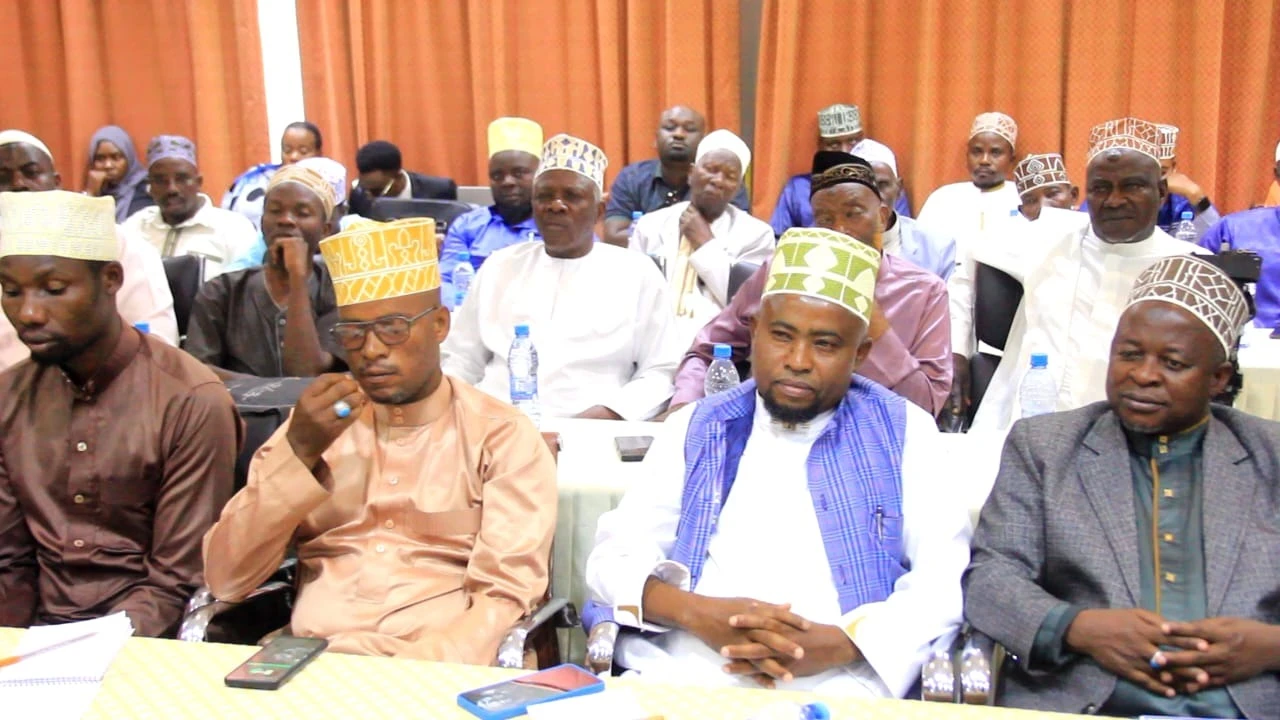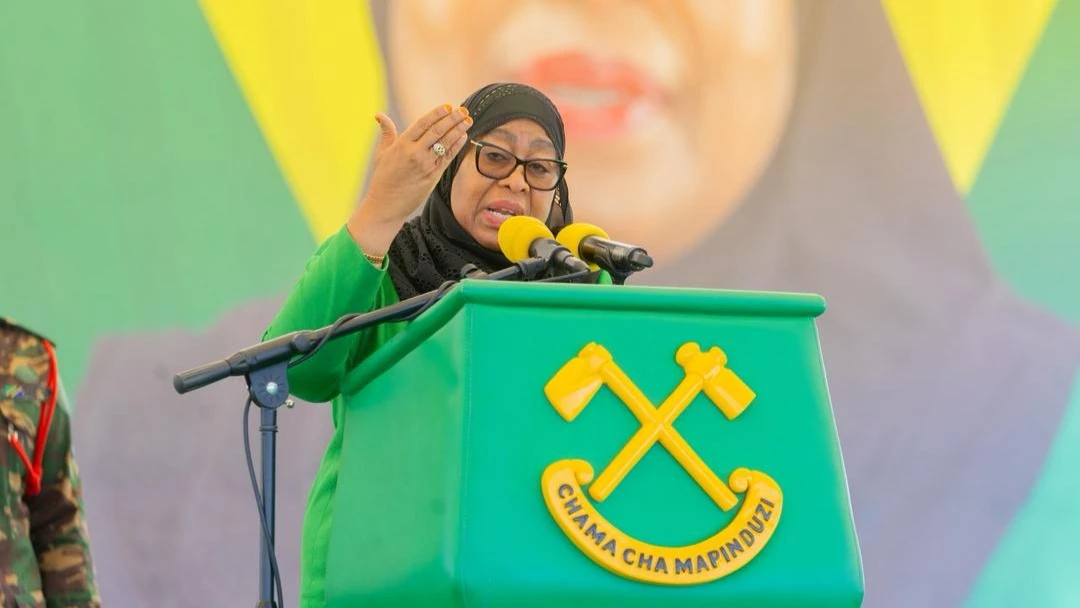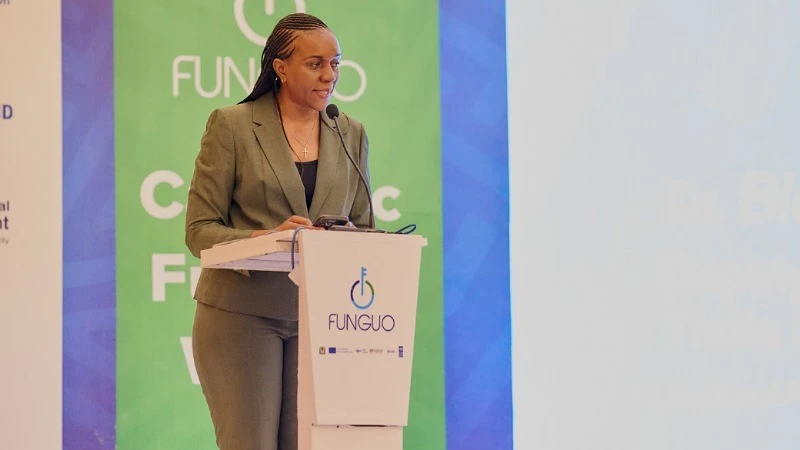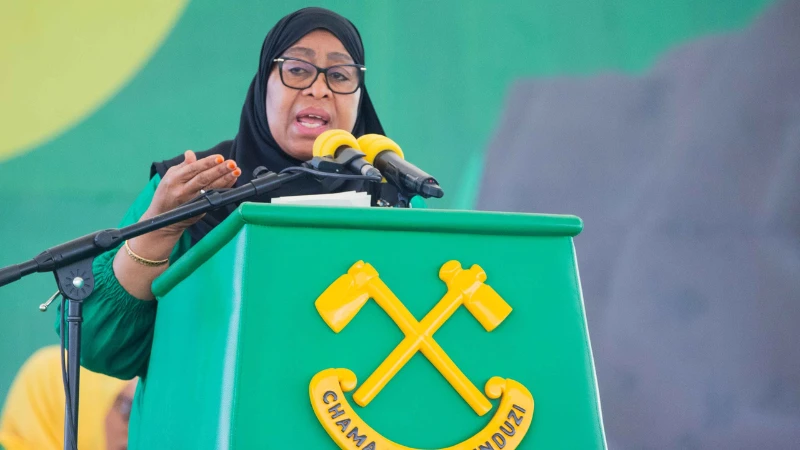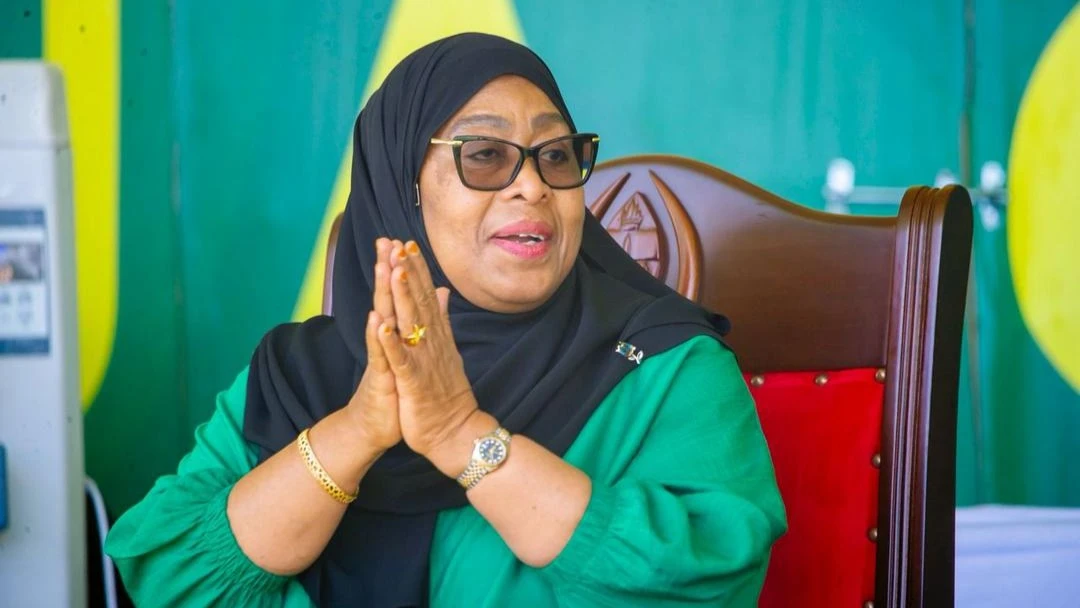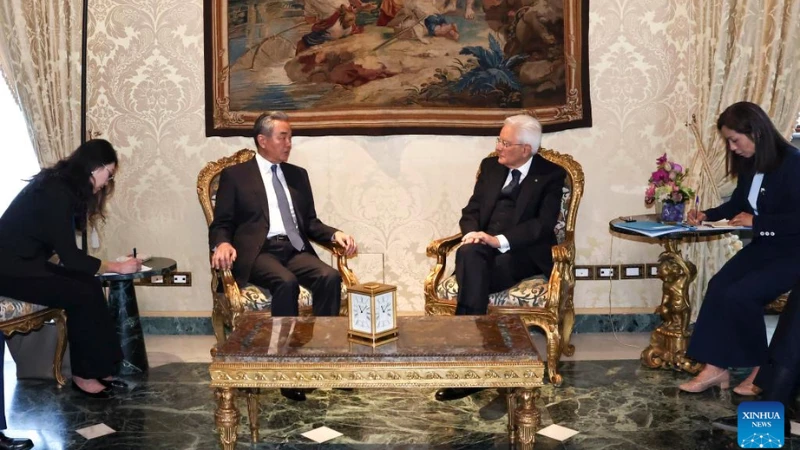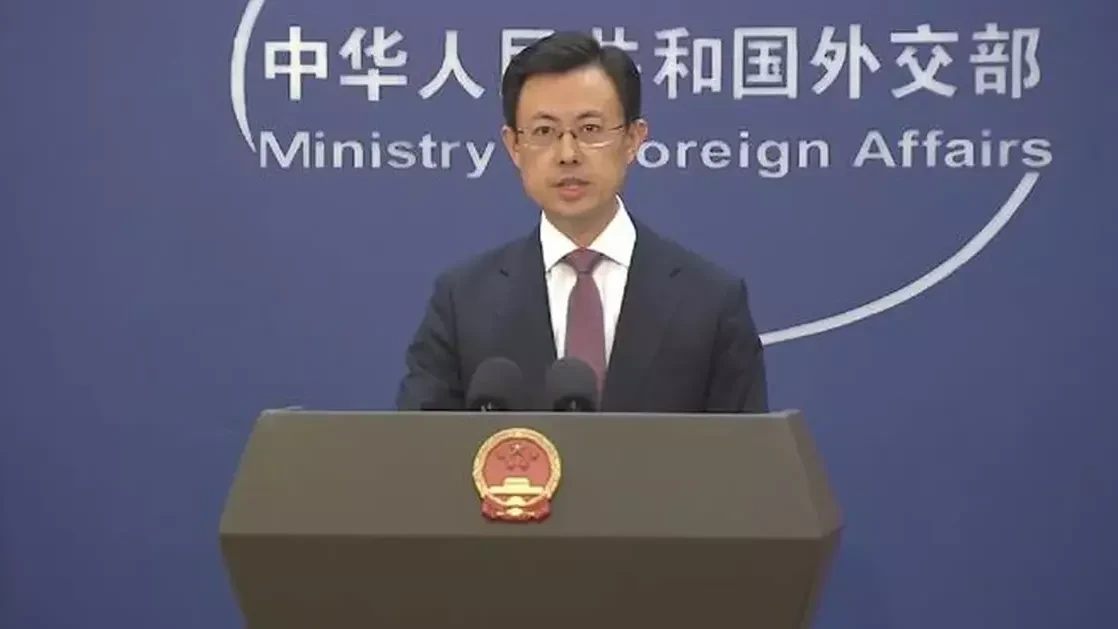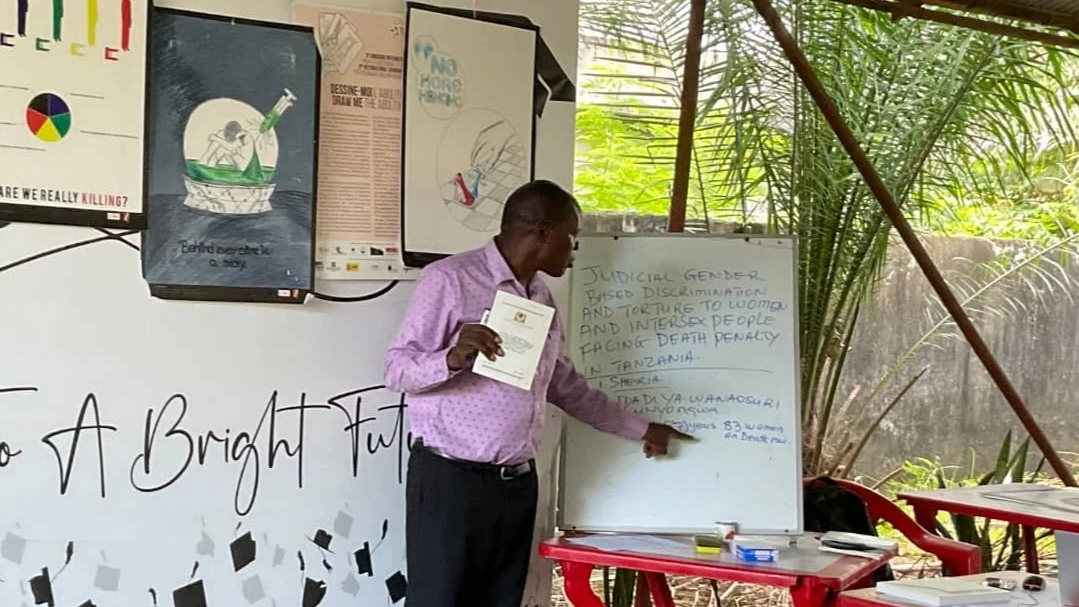Tanzania’s journey to the trillion-dollar economy club
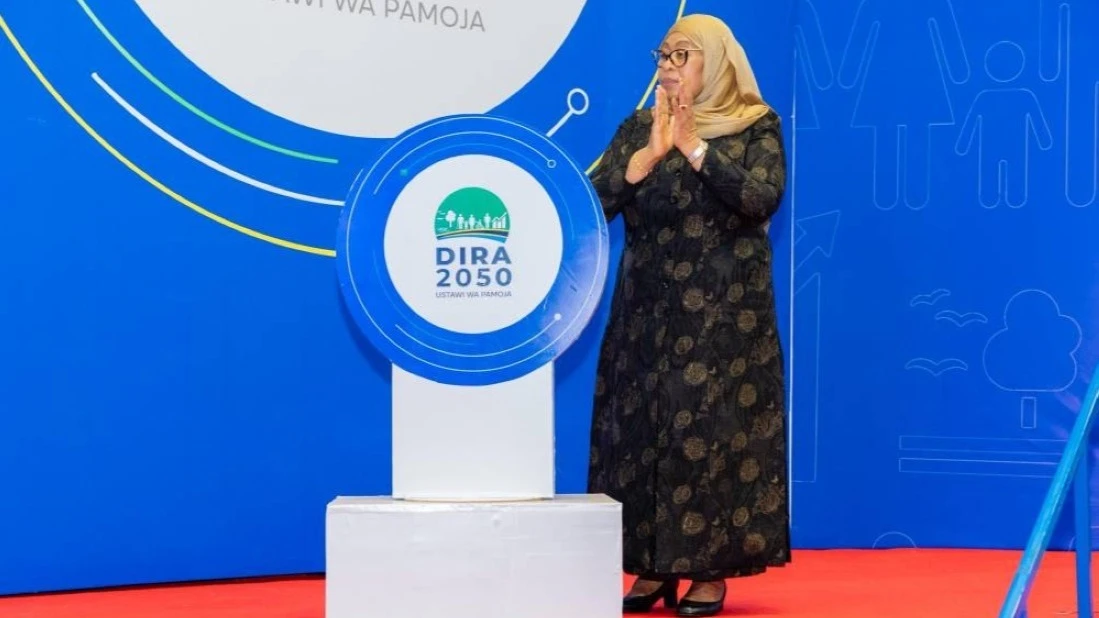
On July 30, 2025, Tanzania turned a historic corner. It was not just another date on the calendar but a day that will be remembered as the moment when the nation began to translate a long-held dream into reality the dream of harnessing its uranium resources to power development and secure a stronger future.
The ambition to use uranium for national progress stretches back more than fifteen years. From the start, however, it faced obstacles. International organizations, including UNESCO, voiced concerns over possible environmental risks, especially given the project’s proximity to the Selous Game Reserve, one of the world’s great heritage sites. These concerns slowed progress and placed the project in uncertainty, leaving many to wonder if it would ever move forward.
That changed under the leadership of President Dr. Samia Suluhu Hassan. Upon taking office, she made the deliberate choice to revive the uranium vision and push it back onto the national agenda. For her, uranium was not just another mineral beneath the soil. It was a strategic asset capable of transforming the country’s energy sector, lighting homes, powering factories, and serving as a key driver in Tanzania’s march toward its long-term goal of becoming a trillion-dollar economy by 2050.
The clearest sign of this new determination is the establishment of Tanzania’s first pilot uranium processing plant. Developed through a partnership with Mantra Tanzania Ltd, a subsidiary of Uranium One Group from Russia, and under the oversight of ROSATOM, Russia’s state nuclear corporation, the facility represents a milestone in the country’s industrial and energy ambitions. More than a technical achievement, it is a statement of intent: Tanzania is ready to stand alongside nations shaping their futures with reliable, modern energy solutions.
The project is as significant economically as it is symbolically. With a total investment of USD 1.2 billion in Namtumbo District of Ruvuma Region, it is one of the largest undertakings of its kind in the nation’s history. The financial benefits are expected to be considerable. Projections include USD 373 million in royalties, USD 15.7 million in tax levies, USD 20.8 million in license fees, along with revenues from forestry and corporate taxation. On top of this, the government holds a 20 percent equity stake, ensuring annual dividends that will flow directly into public resources. These figures point to new possibilities roads, hospitals, schools, and infrastructure projects that can change the face of communities across Tanzania.
For ordinary citizens, the impact of such an initiative is not abstract. It is personal and immediate. In a village near Namtumbo, a student who has long struggled to study by the dim glow of a kerosene lamp may soon have the chance to learn under electric light, with access to technology that connects them to the wider world. Farmers who have seen their crops spoil for lack of cold storage may one day send fresh produce to distant markets, supported by a stable power supply. Hospitals that today must manage without reliable electricity may soon operate advanced equipment around the clock, saving lives that would otherwise be lost. These are the human dimensions of the uranium project, and they show why this development matters beyond the numbers.
Globally, the project positions Tanzania at a crucial moment in the energy debate. As the world searches for alternatives to fossil fuels and grapples with climate change, nuclear energy has re-emerged as one of the most dependable sources of clean, consistent power. While renewables like wind and solar are important, their output is tied to weather patterns, making them less reliable on their own. Nuclear power, by contrast, provides steady baseload energy. By investing in uranium, Tanzania secures its own energy future while also signaling readiness to play a role in the wider global push for sustainable solutions.
This shift could elevate the country into the ranks of the top ten nations in clean energy development. Such a position would not only bring recognition but also a greater sense of responsibility. The way Tanzania manages its uranium resources balancing economic opportunity with environmental care and community participation will determine how it is perceived by the world. Success will require vigilance, transparency, and strong governance to ensure the benefits are widely shared and the risks carefully controlled.
Challenges remain. Safeguarding the environment is essential. Communities near mining and processing sites must be engaged as partners, with their voices heard and their needs addressed. Lessons from other resource-rich nations show that without accountability, the wealth beneath the ground can too easily become a curse rather than a blessing. For Tanzania, this is a chance to chart a different course, one that shows resources can be managed responsibly for the collective good.
What stands out most is the resilience and determination that have carried the nation this far. The uranium project is more than an industrial plan it is a symbol of Tanzania’s belief in its ability to shape its destiny. It demonstrates that the country is willing to take bold, forward-looking steps, not only for economic growth but for the welfare of its people.
As the sun set over Namtumbo on July 30, 2025, it marked more than the end of a day. It marked the illumination of a future long imagined but now within reach. The pilot plant may be small in scale compared to what is to come, but it carries enormous significance. It represents light for students, opportunity for farmers, certainty for industries, and hope for millions of citizens. Most of all, it represents the determination of a nation to rise, to join the trillion-dollar economy club, and to do so in a way that secures both prosperity and pride for generations to come.
Bakari Mushi is an economist based in Dar es Salaam. He can be reached through mushib@gmail.com
Top Headlines
© 2025 IPPMEDIA.COM. ALL RIGHTS RESERVED











